Navigating the World of Maps: A Comprehensive Guide to Downloading and Utilizing Map Tools
Related Articles: Navigating the World of Maps: A Comprehensive Guide to Downloading and Utilizing Map Tools
Introduction
In this auspicious occasion, we are delighted to delve into the intriguing topic related to Navigating the World of Maps: A Comprehensive Guide to Downloading and Utilizing Map Tools. Let’s weave interesting information and offer fresh perspectives to the readers.
Table of Content
Navigating the World of Maps: A Comprehensive Guide to Downloading and Utilizing Map Tools
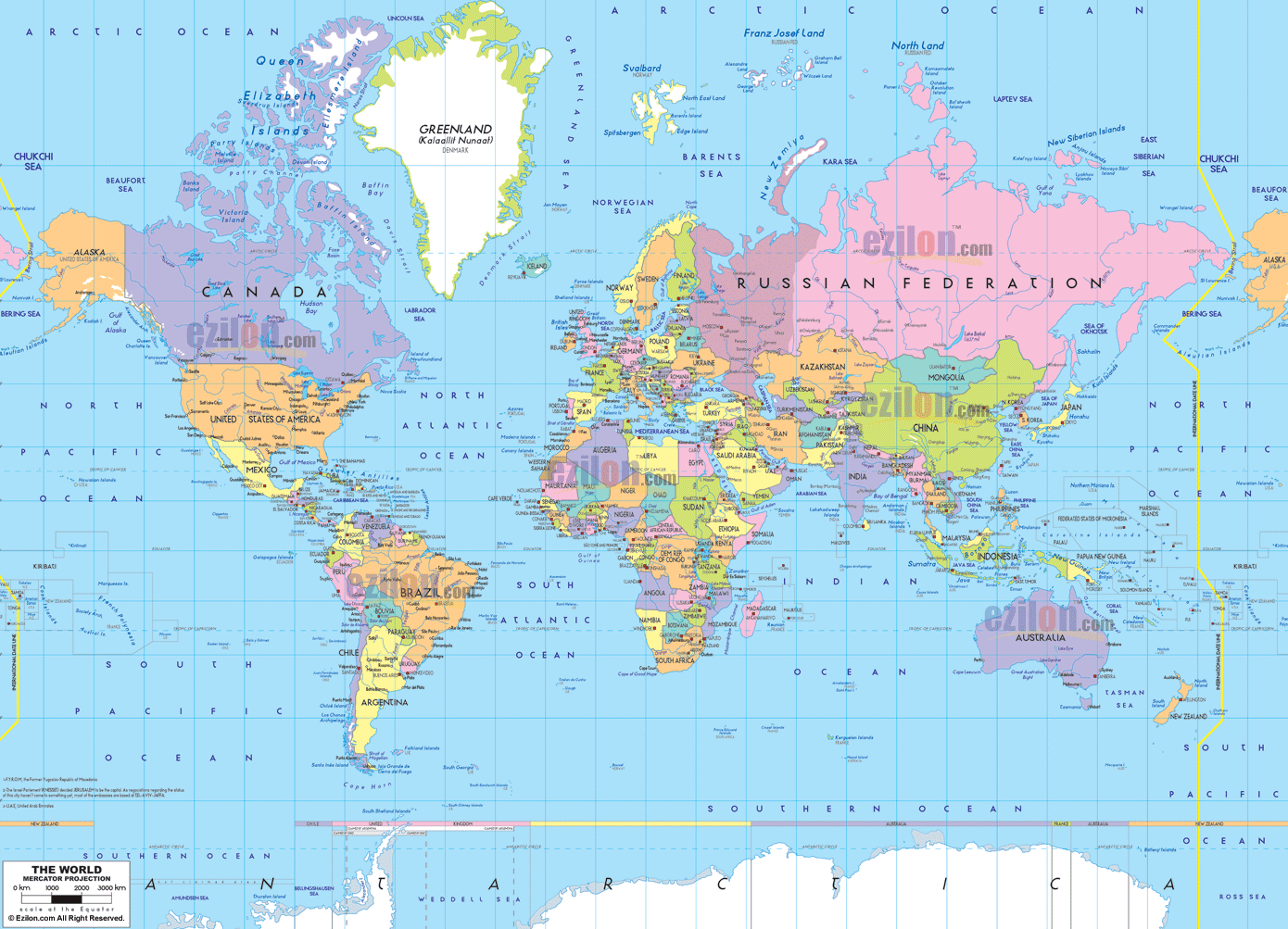
The ability to navigate and understand our surroundings is fundamental to human experience. Maps, as visual representations of our world, have long played a crucial role in exploration, travel, and understanding spatial relationships. With the advent of digital technology, map tools have evolved significantly, offering a wealth of information and functionalities beyond traditional paper maps. This comprehensive guide delves into the world of map tools, exploring their importance, benefits, and how to effectively utilize them.
Understanding the Importance of Map Tools
In today’s interconnected world, map tools are no longer mere navigational aids; they are indispensable tools for a wide range of applications. From planning road trips and exploring new cities to analyzing geographical data and understanding environmental changes, map tools empower individuals and organizations alike with valuable insights and capabilities.
Benefits of Downloading and Utilizing Map Tools
Downloading and utilizing map tools offers numerous benefits, including:
- Enhanced Navigation: Modern map tools provide real-time traffic updates, route optimization, and turn-by-turn directions, making navigation easier and more efficient.
- Detailed Information: Beyond basic maps, these tools offer a wealth of information, including points of interest, local businesses, public transportation schedules, and even weather forecasts.
- Offline Access: Many map tools allow offline access, enabling navigation even in areas with limited or no internet connectivity.
- Personalized Experiences: Users can customize their map views, save favorite locations, and create personalized maps for specific purposes.
- Data Analysis and Visualization: Map tools provide powerful data analysis and visualization capabilities, allowing users to analyze geographic patterns, identify trends, and communicate complex information effectively.
Types of Map Tools Available for Download
A wide variety of map tools are available for download, each catering to specific needs and functionalities. Here are some prominent types:
- Mobile Navigation Apps: These apps, such as Google Maps, Waze, and Apple Maps, are designed for on-the-go navigation and provide real-time traffic updates, route optimization, and turn-by-turn directions.
- Desktop Mapping Software: Programs like ArcGIS, QGIS, and MapInfo offer advanced mapping functionalities for data analysis, visualization, and geospatial modeling.
- Online Mapping Platforms: Websites like Google Maps, OpenStreetMap, and Bing Maps provide interactive maps with various layers of information, including satellite imagery, street views, and points of interest.
- Specialized Mapping Tools: These tools cater to specific industries or applications, such as land management, urban planning, or environmental monitoring.
Factors to Consider When Choosing a Map Tool
When selecting a map tool, it is crucial to consider the following factors:
- Purpose of Use: Determine the primary purpose of the tool, whether it is for personal navigation, professional data analysis, or specific industry applications.
- Platform Compatibility: Ensure the tool is compatible with your preferred operating system and devices.
- Features and Functionalities: Evaluate the available features and functionalities to ensure they meet your specific needs.
- Data Accuracy and Updates: Consider the accuracy and frequency of data updates, particularly for navigation and real-time information.
- User Interface and Ease of Use: Choose a tool with a user-friendly interface and intuitive navigation.
- Cost and Subscription Models: Explore different pricing models and subscription options to find a tool that fits your budget.
Tips for Effective Map Tool Utilization
To maximize the benefits of map tools, consider the following tips:
- Familiarize Yourself with the Interface: Spend time exploring the tool’s interface, understanding its functionalities, and learning how to customize settings.
- Utilize Available Features: Explore the various features and functionalities offered by the tool, such as traffic updates, points of interest, and offline maps.
- Customize Your Maps: Take advantage of customization options to personalize your maps and create specific views for different purposes.
- Integrate with Other Tools: Explore integration options with other applications and services to enhance workflow and data analysis capabilities.
- Stay Updated: Regularly update the map tool and its data to ensure accuracy and access to the latest information.
Frequently Asked Questions (FAQs) about Map Tools
Q: Are map tools free to use?
A: The availability of free and paid map tools varies. Many basic navigation apps offer free versions with limited features, while advanced functionalities and premium data often require paid subscriptions.
Q: Do I need an internet connection to use map tools?
A: While most map tools require an internet connection for real-time updates and data access, many offer offline capabilities for navigation in areas with limited or no connectivity.
Q: Can I use map tools for professional purposes?
A: Yes, map tools are widely used for professional applications, including urban planning, environmental monitoring, disaster management, and market research.
Q: How can I ensure the accuracy of map data?
A: The accuracy of map data varies depending on the tool and its data sources. Look for tools that rely on reputable data providers and offer regular updates.
Q: Are map tools safe to use?
A: Most reputable map tools prioritize user privacy and security. However, it is always advisable to read the privacy policy and terms of service before using any tool.
Conclusion
In conclusion, map tools have become indispensable tools for navigating our world, accessing information, and understanding spatial relationships. By downloading and utilizing appropriate map tools, individuals and organizations can enhance their navigation experiences, gain valuable insights, and make informed decisions. By understanding the benefits, types, and factors to consider when choosing a map tool, users can leverage these powerful tools to navigate the world with confidence and efficiency.
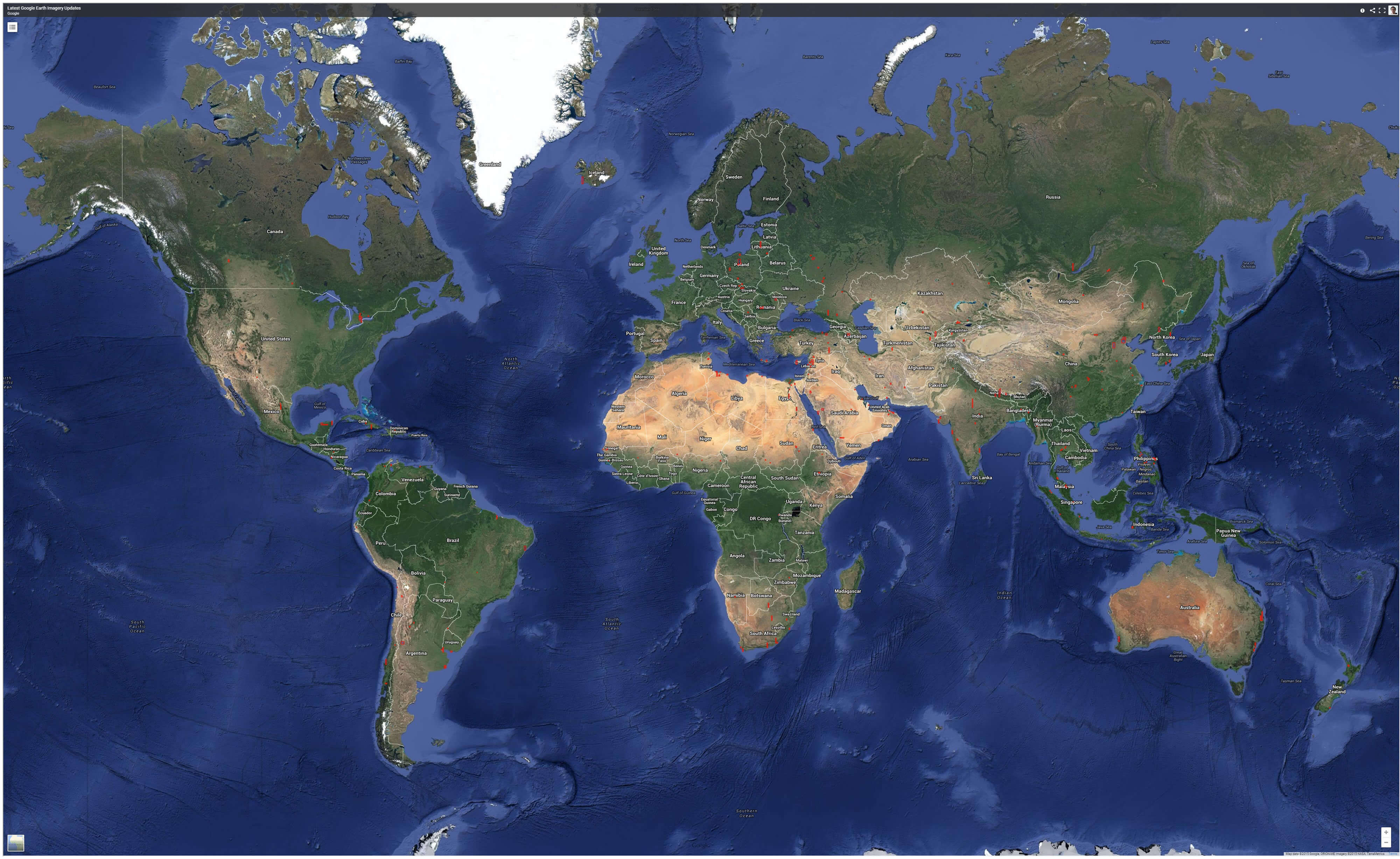



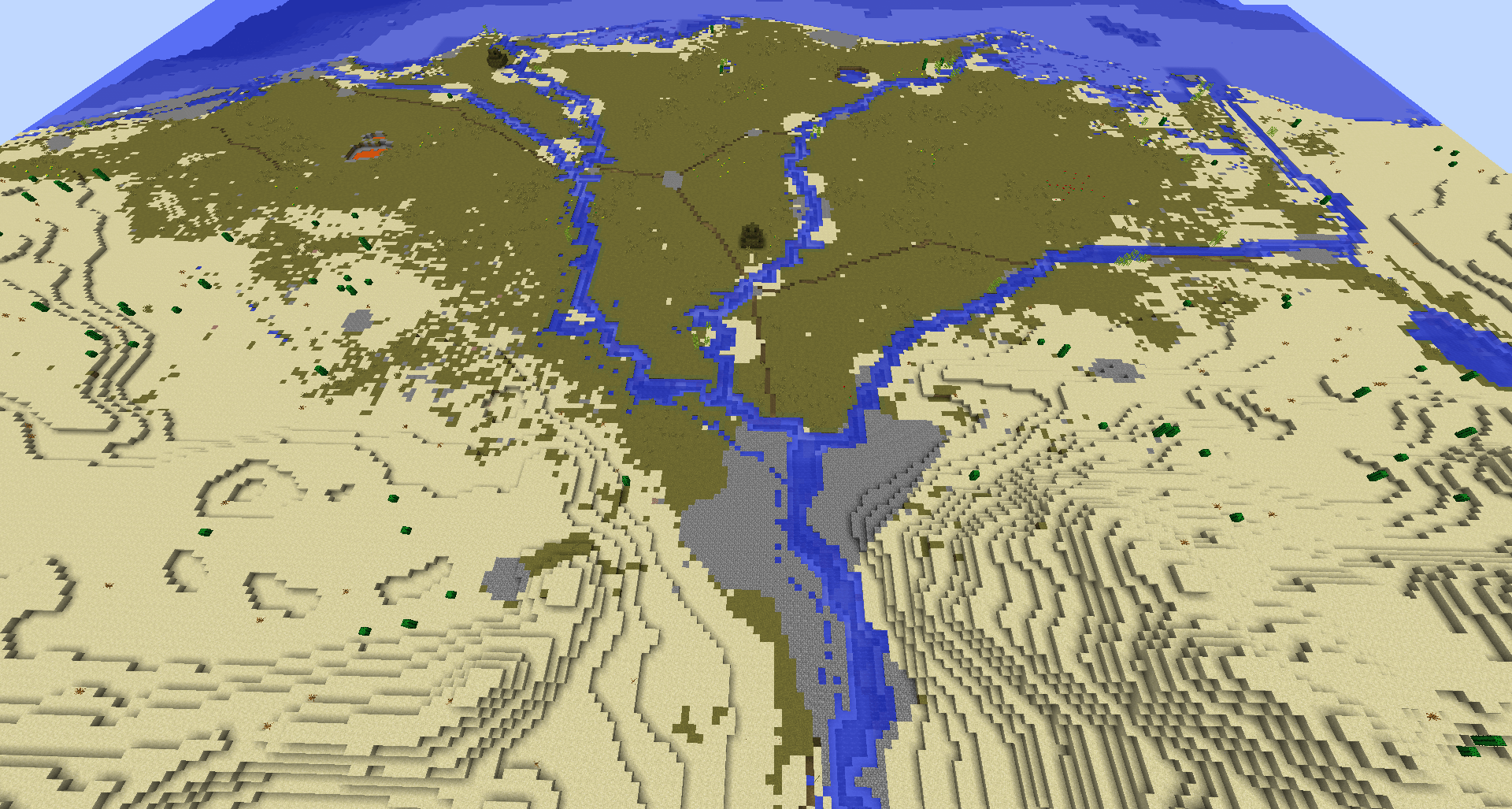

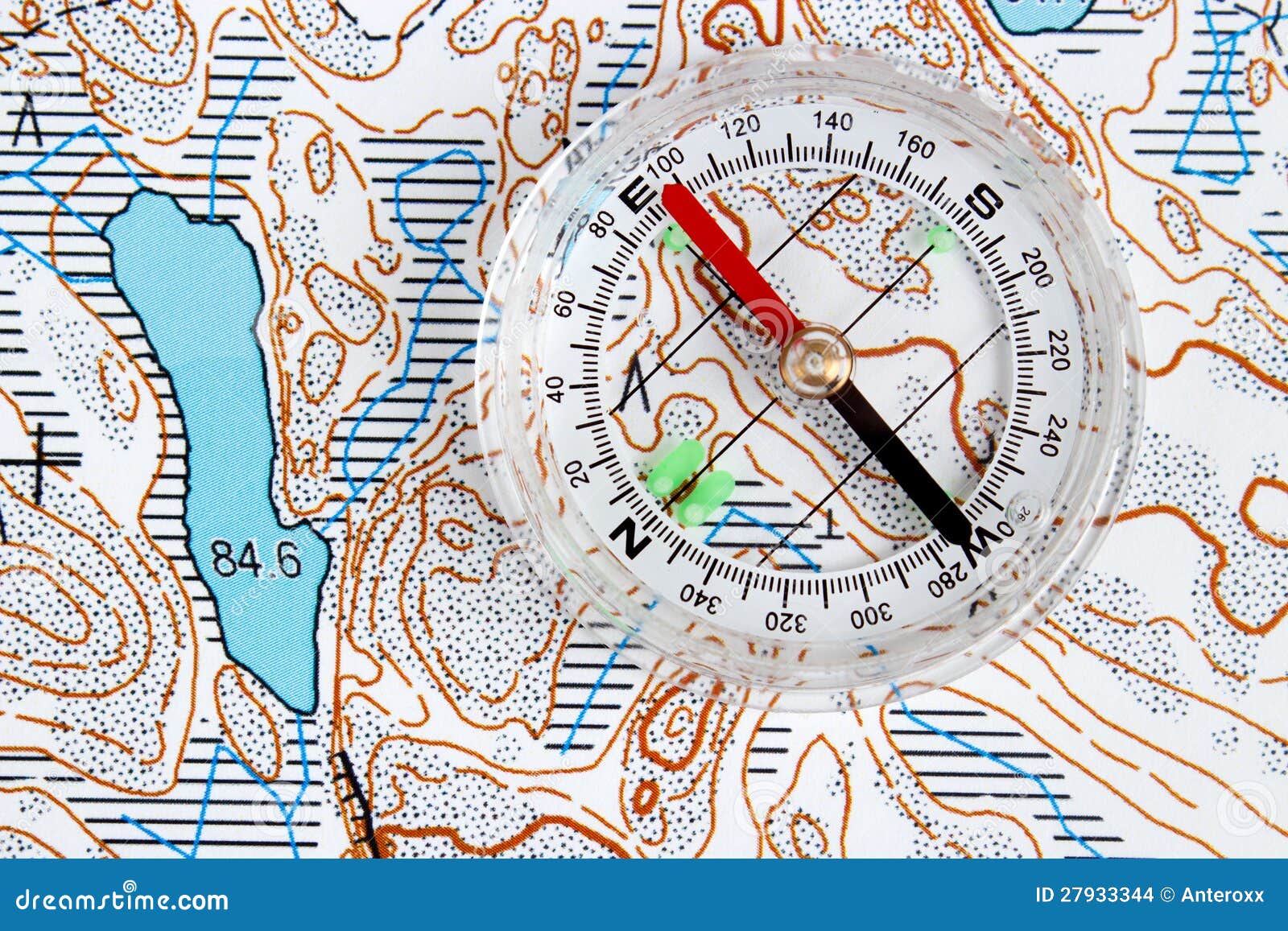
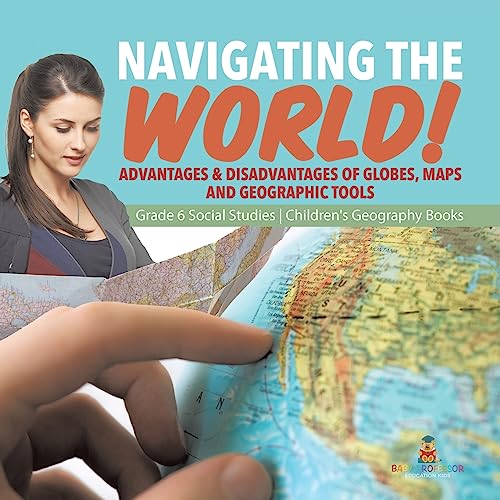
Closure
Thus, we hope this article has provided valuable insights into Navigating the World of Maps: A Comprehensive Guide to Downloading and Utilizing Map Tools. We thank you for taking the time to read this article. See you in our next article!